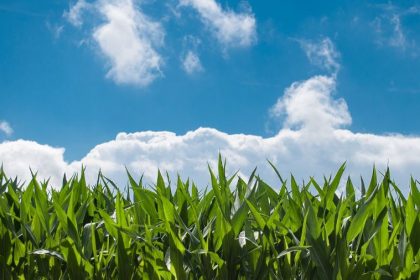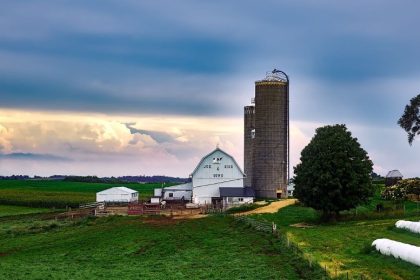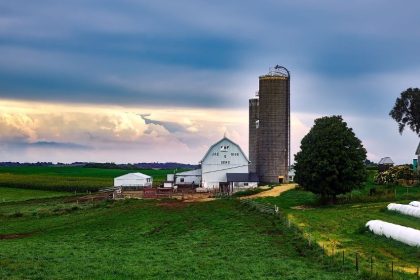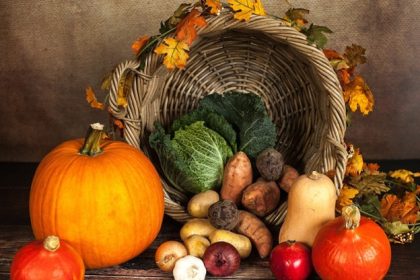USDA Seeks to Reduce Risks to ‘Double Cropping’ Farmers
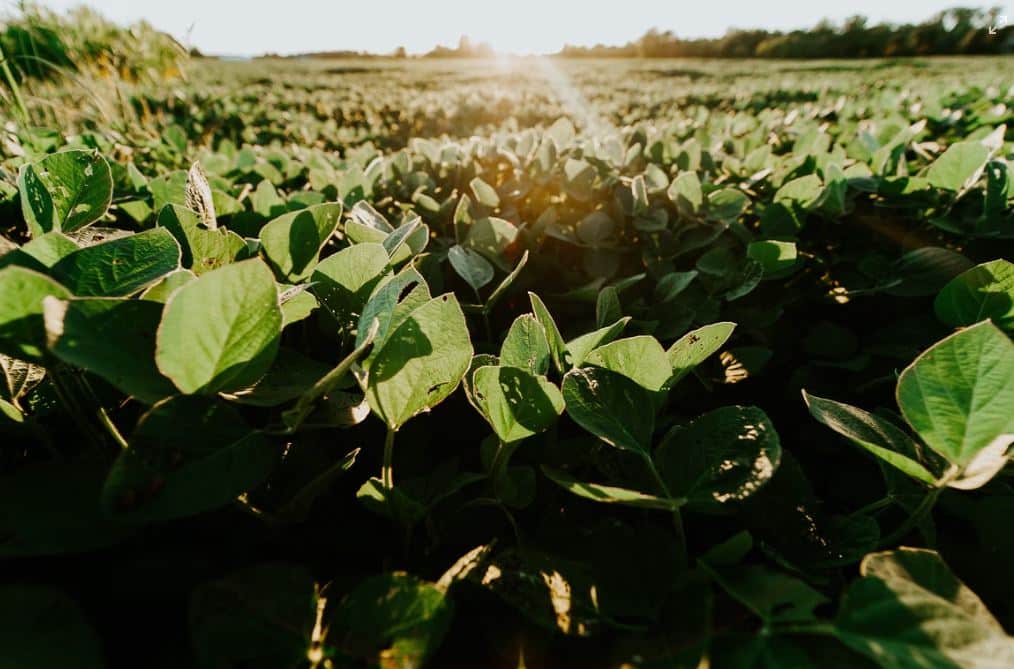
WASHINGTON — The U.S. Department of Agriculture is taking steps to reduce the economic risks associated with so-called double cropping, or raising two crops on the same land in one year.
Working with its Risk Management Agency, the USDA is expanding the availability of double crop insurance in many of the over 1,500 counties where the farming practice is viable.
As outlined in a press release from the department, opportunities to qualify for double coverage for soybeans, specifically, has been expanded in at least 681 counties. Opportunities to secure expanded coverage for grain sorghum, specifically, has been expanded in at least 870 different counties.
Agriculture officials said these efforts are an attempt to make it easier for farmers in the United States to grow food in America, increase food supply and lower food costs for American families.
They also follow through on commitments President Biden and Agriculture Secretary Thomas Vilsack made in May in response to the surge in inflation caused by Russian President Vladimir Putin’s invasion of Ukraine.
The administration is hoping that by encouraging American farmers to do more with their land during the international crisis, the overall cost of raising crops for farmers will decrease, helping to lower the retail price consumers are paying at their local supermarkets.
“Double cropping allows farmers to plant a second crop on the same land in the same year, helping boost production without relying on farmers to substitute crops or cultivate new land. But it is not free from risk and some farmers who practice double cropping cannot obtain crop insurance,” the White House said in a fact sheet distributed to reporters on Tuesday.
“The Biden-Harris administration is seeking to expand insurance for double cropping to as many as 681 additional counties, bringing the total number of counties where this practice qualifies for crop insurance to as many as 1,935, so more American farmers have the financial security they need to start or expand double cropping,” the fact sheet continued.
The example that the Risk Management Agency of the USDA used regarding permanent expansion was if you have a crop of wheat and insure the wheat, you are able to follow it with a crop of soybeans or grain sorghum, which too are insurable.
Producers are now also able to apply for written agreements within the double cropping expanded insurance coverage. This means that a producer can “obtain individual crop insurance coverage in a county where soybeans and grain sorghum are not insurable after a first crop.”
Through this process, a producer and their agent must work with approved insurance providers to receive the coverage for double cropping.
The Risk Management Agency said it will finalize the details on obtaining the additional insurance coverage later this year.
“The expansion of coverage was guided by extensive outreach to nearly 70 grower groups covering 28 states,” the USDA press release said. “This includes a wide array of stakeholders such as producers, agents, university extension and other agricultural experts, commodity associations, state departments of agriculture and insurance companies.
“USDA touches the lives of all Americans each day in so many positive ways. Under the Biden-Harris administration, USDA is transforming America’s food system and lowering food prices for Americans by focusing on more resilient local and regional food production, encouraging fairer markets for all producers, and ensuring access to safe, healthy and nutritious food in all communities,” it concluded.
Natalie can be reached at [email protected] and @nataliemcc212


















